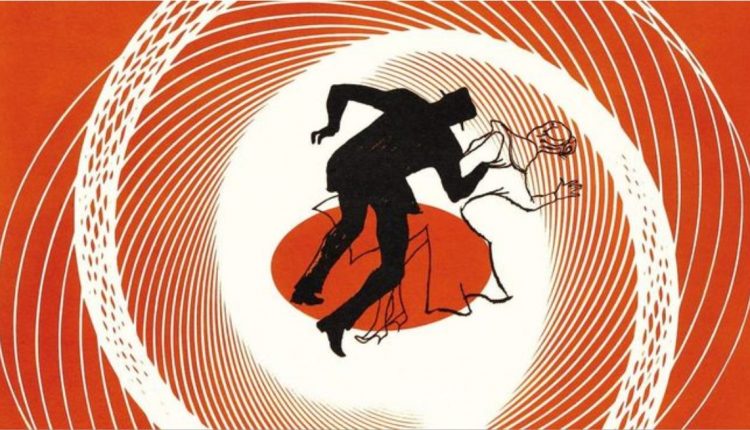

Vestibular problems are mostly treatable, with medications available to reduce inflammation and physical therapy techniques to manage side effects. Vertigo has more to do with the feeling that the world. As a result, your brain lags and isn’t able to process information in a timely manner an unbalanced feeling arises. For instance, you spin around in circles and have a difficult time understanding exactly where you are. A vestibular disorder is dysfunction or injury either to the inner ear or central nervous system that this area feeds. Dizziness is a condition associated with spatial discombobulation. Still, some vestibular disorders can be confusing because they present with a combination of vertigo, dizziness, and imbalance. More generalized dizziness can last for a longer period, sometimes hours or even days. General DizzinessĪ person who is living with a problem that has directly impacted their brain, like a stroke, is more likely to experience dizziness and evident balance problems. Disequilibrium simply means unsteadiness, imbalance, or loss of equilibrium that is often accompanied by spatial disorientation and dizziness. Vertigo has a rotational, spinning component, and is the perception of movement, either of the self or surrounding objects. The key factor to associate with vertigo is a quick episode – most cases usually last less than one minute. Dizziness is a sensation of lightheadedness, faintness, or unsteadiness. Acute dizziness is a commonly-reported problem following concussion, so much so that there are multiple clinical definitions that include it as an identifying sign of post-concussion syndrome. Many people are most bothered by their vertigo when they get out of bed in the morning or lay down to sleep at night. For example, a loud noise or pungent odor may prompt you to turn your head and determine its source. This can be frustrating for patients who often turn their head subconsciously to look at something or someone, or to respond to sensory stimulation. Quick and sudden head movements are common ways for vertigo to start. The most common causes of the inner ear trouble that leads to peripheral vertigo are: Benign paroxysmal positional vertigo (BPPV) Vestibular neuronitis. Patients experiencing vertigo may feel symptoms subside as soon as they stop moving. Vertigo is a spinning sensation that is most often associated with movement. It can result from a problem in the inner ear, brain, or sensory nerve pathways. Specialists that work with patients whose medical conditions affect their perceptions of balance and movement often differentiate between vertigo and dizziness. We may be taught to think of the two terms as having the same meaning, but in fact, each can indicate a different medical diagnosis. Vertigo is a sense of spinning dizziness that nausea often accompanies. Isn’t vertigo just a medical term for dizziness? Actually, no.


 0 kommentar(er)
0 kommentar(er)
